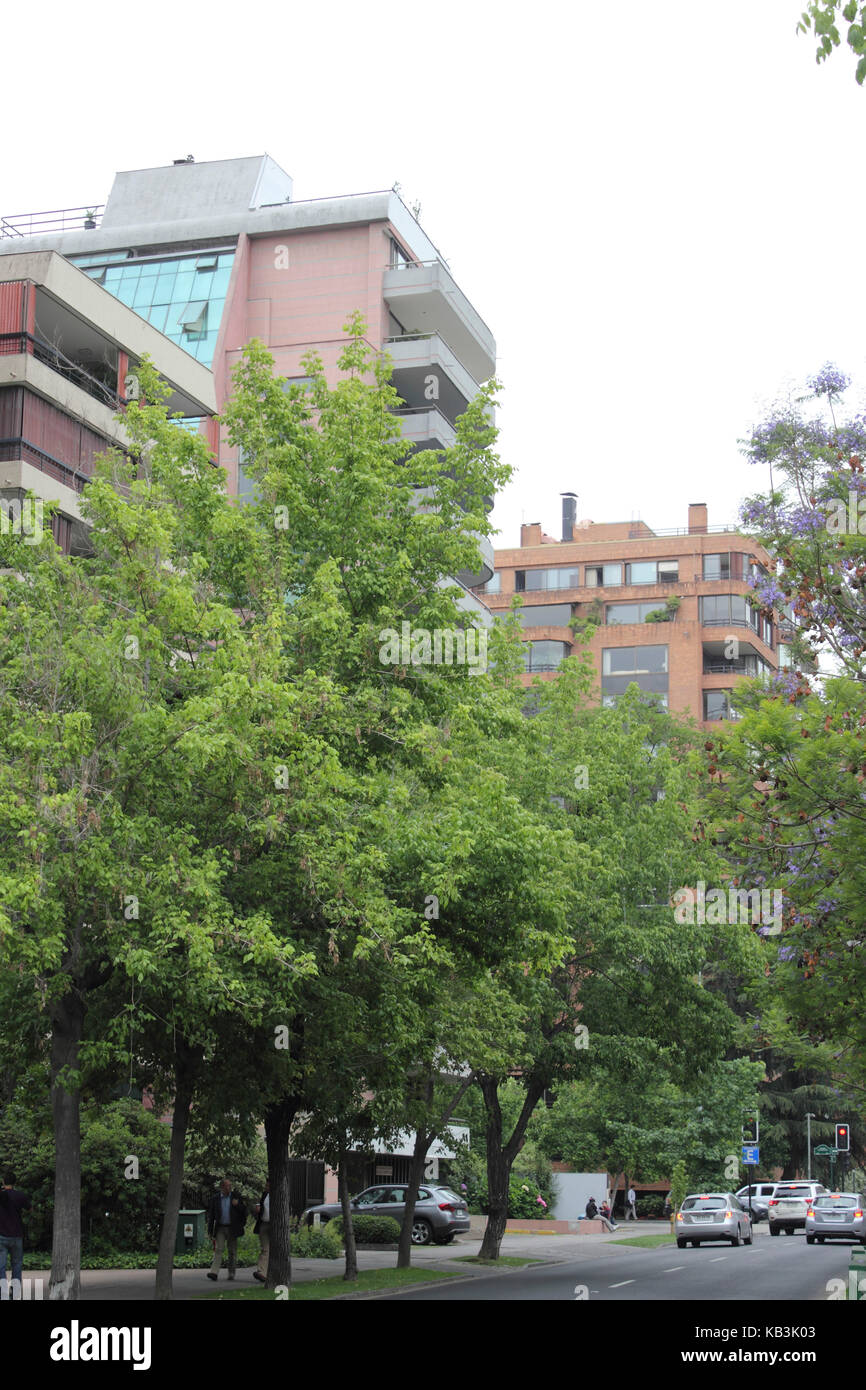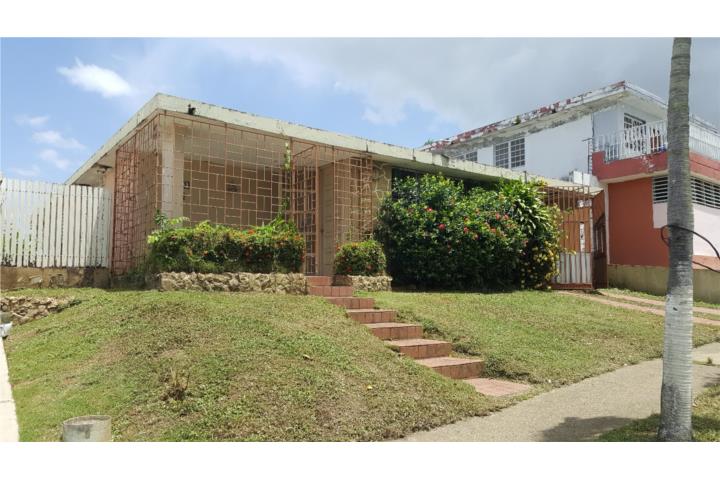


The rendering of his name as "Juan Carlos" (the first and second particles of his baptismal name) was a modification by choice of Francisco Franco. He has two sisters: Infanta Pilar, Duchess of Badajoz (1936–2020) and Infanta Margarita, Duchess of Soria (born 1939). Juan Carlos and Alfonso with their father Juan in between (1950) He then joined the army, doing his officer training from 1955 to 1957 at the Military Academy of Zaragoza.Īccording to his sister Pilar, he had difficulty in his studies because of dyslexia. He began his studies in San Sebastián and finished them in 1954 at the Instituto San Isidro in Madrid. He moved to Spain in 1948 to be educated there after his father persuaded Franco to allow it. His early life was dictated largely by the political concerns of his father and General Franco. He was baptized as Juan Carlos Alfonso Víctor María de Borbón y Borbón-Dos Sicilias by Cardinal Eugenio Pacelli, the future Pope Pius XII. Juan Carlos Alfonso Víctor María was born to Infante Juan, Count of Barcelona, and Princess María de las Mercedes of Bourbon-Two Sicilies in their family home in Rome, where his grandfather King Alfonso XIII of Spain and other members of the Spanish royal family lived in exile following the proclamation of the Second Spanish Republic in 1931. Since August 2020, Juan Carlos has lived in self-imposed exile from Spain over allegedly improper ties to business deals in Saudi Arabia. In June 2014, Juan Carlos, citing personal reasons, abdicated in favour of his son, who acceded to the throne as Felipe VI. Hailed for his role in Spain's transition to democracy, the King and the monarchy's reputation began to suffer after controversies surrounding his family arose, exacerbated by the public controversy centering on an elephant-hunting trip he undertook during a time of financial crisis in Spain. In 2008, he was considered the most popular leader in all Ibero-America. In 1981, Juan Carlos played a major role in preventing a coup that attempted to revert Spain to Francoist government in the King's name. This led to the approval of the Spanish Constitution of 1978 in a referendum which re-established a constitutional monarchy. However, Juan Carlos introduced reforms to dismantle the Francoist regime and to begin the Spanish transition to democracy soon after his accession. Juan Carlos was expected to continue Franco's legacy. Franco died in November the following year and Juan Carlos became king on 22 November 1975, two days after Franco's death, the first reigning monarch since 1931, although his exiled father did not formally renounce his claims to the throne in favor of his son until 1977. Due to Franco's declining health, Juan Carlos first began periodically acting as Spain's head of state in the summer of 1974. The couple had two daughters and a son together: Elena, Cristina, and Felipe. In 1962, Juan Carlos married Princess Sophia of Greece and Denmark in Athens. Later, he attended the Naval Military School and the General Academy of the Air, and finished his tertiary education at the University of Madrid. After completing his secondary education in 1955, he began his military training and entered the General Military Academy at Zaragoza.

Juan Carlos spent his early years in Italy and came to Spain in 1947 to continue his studies. However, Franco saw Juan to be too liberal and in 1969 declared Juan Carlos his successor as head of state. Juan Carlos's father, Infante Juan, Count of Barcelona, was the third son of King Alfonso XIII and assumed his claims to the throne after Alfonso died in February 1941. Francisco Franco took over the government of Spain after his victory in the Spanish Civil War in 1939, yet in 1947 Spain's status as a monarchy was affirmed and a law was passed allowing Franco to choose his successor. Juan Carlos was born in Rome during his family's exile. Juan Carlos is the grandson of Alfonso XIII, the last king of Spain before the abolition of the monarchy in 1931 and the subsequent declaration of the Second Spanish Republic. In Spain, since his abdication, Juan Carlos has usually been referred to as the Rey Emérito ("King Emeritus"). Juan Carlos I ( Spanish: Juan Carlos Alfonso Víctor María de Borbón y Borbón-Dos Sicilias, born 5 January 1938) is a member of the Spanish royal family who reigned as King of Spain from 22 November 1975 until his abdication on 19 June 2014.


 0 kommentar(er)
0 kommentar(er)
